Social Sciences
Health Is Happening Everywhere at AU
“Health Is Happening Everywhere at AU” is not just a campus motto, but a guiding principle. Students find health education and research in multiple academic disciplines within the College of Arts and Sciences — from nutrition education, to public health, to economics. Students learn from top faculty members who also train them to apply their classroom education to real-life situations. Here are some of the College faculty members leading the charge for better health for everyone.
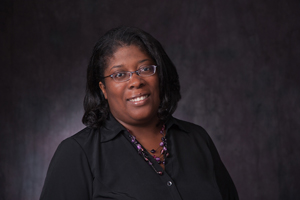
"My work is in the field of spatial statistics. I develop statistical tools that can detect geographic trends and clusters in data sets. In particular, my methods help locate epidemic diseases and outbreaks."
MONICA JACKSON, Associate Professor, Mathematics and Statistics
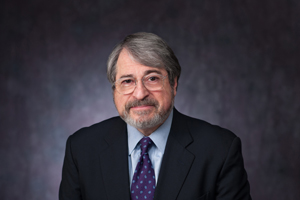
“My interest in public health began in the 1980s when HIV/AIDS first came to public attention. I was attracted to the intersection of immigration history and the history of American medicine and public health. In addition to teaching courses in the history of medicine and migration and public health, I published three books about health and history, including Silent Travelers: Germs, Genes, and the 'Immigrant Menace' (Basic Books, 1994)."
ALAN KRAUT, University Professor, History
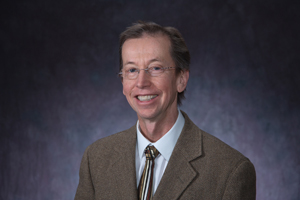
"My research lab evaluates and presents research on the cost-effectiveness, cost-benefit, and cost-utility of suicide prevention, cognitive- behavioral therapies for depression, alternative treatments for seasonal affective disorder, substance abuse prevention pro- grams for children, gender-sensitive inpatient treatments for substance abuse, and consumer-operated services for mental illness."
BRIAN YATES, Professor, Psychology
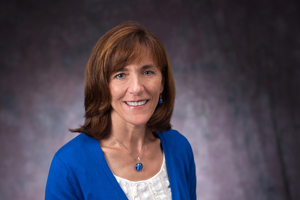
“I lead the public health curriculum and advise students studying this curriculum. Our students are passionate about making a difference in the world, and public health provides them opportunities to do so through social justice, advocacy, science, health policy, and more. I always tell my students that they have chosen a most noble profession.”
JOLYNN GARDNER, Director, Public Health Program, Health Studies
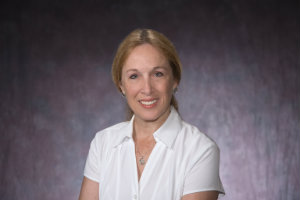
My research and policy experience is in a number of areas related to public health, including access to health insurance, causes of rising healthcare costs, anticompetitive behaviors of pharmaceutical companies, healthcare antitrust, and federal regulation of food and tobacco products."
MARTHA STARR, Professor, Economics
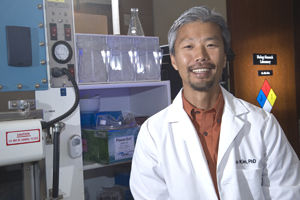
“My research in Guam measures the impact of sewage pollution on nearshore ecosystems such as mangrove forests, seagrasses, and coral reefs. These ecosystems provide a broad range of important services, including food production, coastal protection, and recreation. As these ecosystem decline, so do the services they provide. Diminished coastal ecosystems undermine food security and protection against a rising ocean. A healthy ocean is a requisite vaccine against public health concerns in a rapidly changing world."
KIHO KIM, Department Chair, Environmental Science
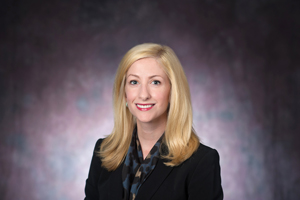
“My research focuses on community-based health promotion pro- grams for people at risk for health disparities. I am researching the efficacy of nutrition education, parental stress management, and community gardening components on the health behaviors and diets of Latino families living in affordable housing communities."
ELIZABETH COTTER, Professorial Lecturer, Health Studies
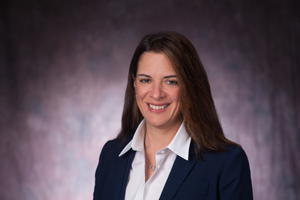
“Research in my laboratory focuses on tobacco and caffeine. My research investigates cognitive and behavioral factors that influence smoking and behavior. My caffeine research examines the effects of caffeine on sleep and anxiety, and the caffeine withdrawal syndrome."
LAURA JULIANO, Professor, Psychology
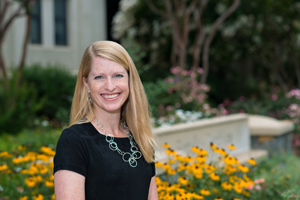
“My research focuses on nutritional neuroscience. I study the positive protective effect of micronutrients and the negative effects of food additives on neurological function. My work influences the field of public health by producing information on the treatment and prevention of neurological symptoms through dietary change, which can then be used to inform public policy work."
KATHLEEN HOLTON, Assistant Professor, Health Studies
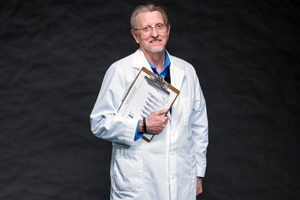
“My research shows that diet, obesity, and cognitive functioning are causally intertwined. We have identified mechanisms that link over- eating and body weight gain to impairments in learning and memory processes. Our studies suggest that the emergence of dementia during late adulthood may originate obesity-related brain dysfunctions that can occur even in childhood."
TERRY DAVIDSON, Professor, Psychology, Director, Center for Behavioral Neuroscience